In a novel filled with characters haunted by questions of identity, Messud lets us see that who they are does not lie, at the end of the day, in nationality, but rather in a family history that is, as the title puts it, both “strange” and “eventful.”
This Strange Eventful History by Claire Messud
W.W. Norton, 2024
ISBN 978039363504
This Strange Eventful History is Claire Messud’s sixth full-length novel and is, she says, based on the history of her own family, much of it recorded by her paternal grandfather in a 1,500-page manuscript bequeathed to his grandchildren. Aspects of this history have shown up in Messud’s previous works but never so comprehensively. Here we have a deep, fictional exploration of the aftershocks of Messud’s paternal grandparents’ exile from Algeria, the country they considered to be part of the French nation, just as they themselves were French. Reality, if not realization, hit with the outbreak of the Algerian War of Independence (1954 – 1962). As a result, the Messuds moved to France where, as reviled pieds-noirs, they found no warm welcome. Exiled from the sunny land of their birth, they passed on a sense of loss and dislocation to their descendants.

The family of the novel is the Cassars, French settlers in Algeria for over a hundred years. But now it is 1940 and the first blow lands: France has fallen to Nazi Germany. Gaston Cassar, the head of the family, is stationed in Salonica, Greece, as a naval attaché at the French consulate. Frustrated by his irrelevance in the conflict, he longs to be on active duty fighting for France in her navy — whose future, given Germany’s military triumph, is uncertain. Beyond that, he misses his two children, François and Denise, but, above all, he misses his wife, Lucienne, to whom he is bound by a love that approaches neediness.
Gaston’s great disappointment, aside from exile, is that he has had to forsake his desire to be a writer and is obliged to pursue a business career to support his family. During and after the Second World War, Gaston, sometimes alone, sometimes with family, moves constantly, from Greece to Lebanon to Turkey, back to Algeria and away again, eventually settling in Toulon, France. Despite the disruption, he and Lucienne hold on to what they see as their essential identity. “What am I? […] What am I for?” he asks himself early in the story. “And the litany that he and Lucienne had more than once recited together returned to him: I am Mediterranean, I am Latin, I am Catholic, I am French. These, then, were his anchors: these things, a priori and immutable, defined him.”
François and Denise consider their parents’ marriage idyllic, “fated, mythic, enormous,” a perfect amalgam of love, compatibility, and mutual dependence against which they will judge their own lives — not very favorably. For François, the novel’s most complex and thoroughly examined character, nationality and family have become a queasy mix of ambivalence and dissatisfaction. He rejects France, in part as a result of attending a brutal boarding school in Paris, a city so alien, damp, dreary and dark that he suffers a nervous breakdown. But further, he doesn’t feel that “Frenchness” is integral to him; rather that it has been “absorbed […] osmotically from literature and films and schoolbooks.” By 1953, he is attending Amherst College in Massachusetts on a scholarship, has joined a fraternity, erased his French accent, and embraced America. But a vague sense of loss and disruption bedevils him, powerfully represented by Messud in the image of the letters François receives from his family: “the little stack of blue airmail envelopes on the corner of his desk, their Algerian stamps, exotic to the frat brothers, mostly torn out, leaving, like wounds, the white letters themselves partially exposed.”
François marries Barbara, a Canadian, for whom the United States is “anathema.” As such, it’s an uneasy match and a source of further uncertainty and alienation. Beyond that, François, like his father, has to surrender the life of the mind for a career in business to support his wife and two daughters. This entails constant travel, including a sojourn in Australia. Unlike his father, François does not suffer adversity and dislocation stoically — he feels unmoored, lonely, unloved, his frustration erupting in bouts of anger. His sister Denise, a brittle, nervous creature, idolizes her parents and follows them to France; although she has a job, and despite a period of secret and deluded infatuation with a married man, they are her life.
The Cassars as a whole are preoccupied by family history and questions of national identity, the latter made more confounding by France’s rejection of the pieds-noirs. Gaston’s and Lucienne’s marriage is the one sure thing to which following generations feel they belong, though as exiles from Algeria, the couple, too, represents dislocation. It is only the third generation of the Cassars, François’s and Barbara’s two daughters, Chloe and Loulou, who can see Algeria for what it was: a country occupied and exploited by settler colonists — and this reality makes their national inheritance all the more problematic.
Plot has never really been Messud’s concern; her interest lies in the development and nature of relationships among people, especially within families, and, often, with their relation to nationality. In a novel filled with characters haunted by questions of identity, she lets us see that who they are does not lie, at the end of the day, in nationality, but rather in a family history that is, as the title puts it, both “strange” and “eventful.” This, as it happens, seems to be what Gaston finally comes to believe as he, like Messud’s grandfather, devotes himself to writing his own 1,500-page family history. The primacy of family is brought home all the more potently when Messud dishes up a stunning fact toward the novel’s end — one earlier and obscurely hinted at — which when disclosed is akin to a plot twist. It’s a startling revelation that gives rise to a somewhat different interpretation of the story just told. Messud’s delay in producing this information is a touch of genius, and this intensely felt, sharply observed novel is her greatest achievement so far.



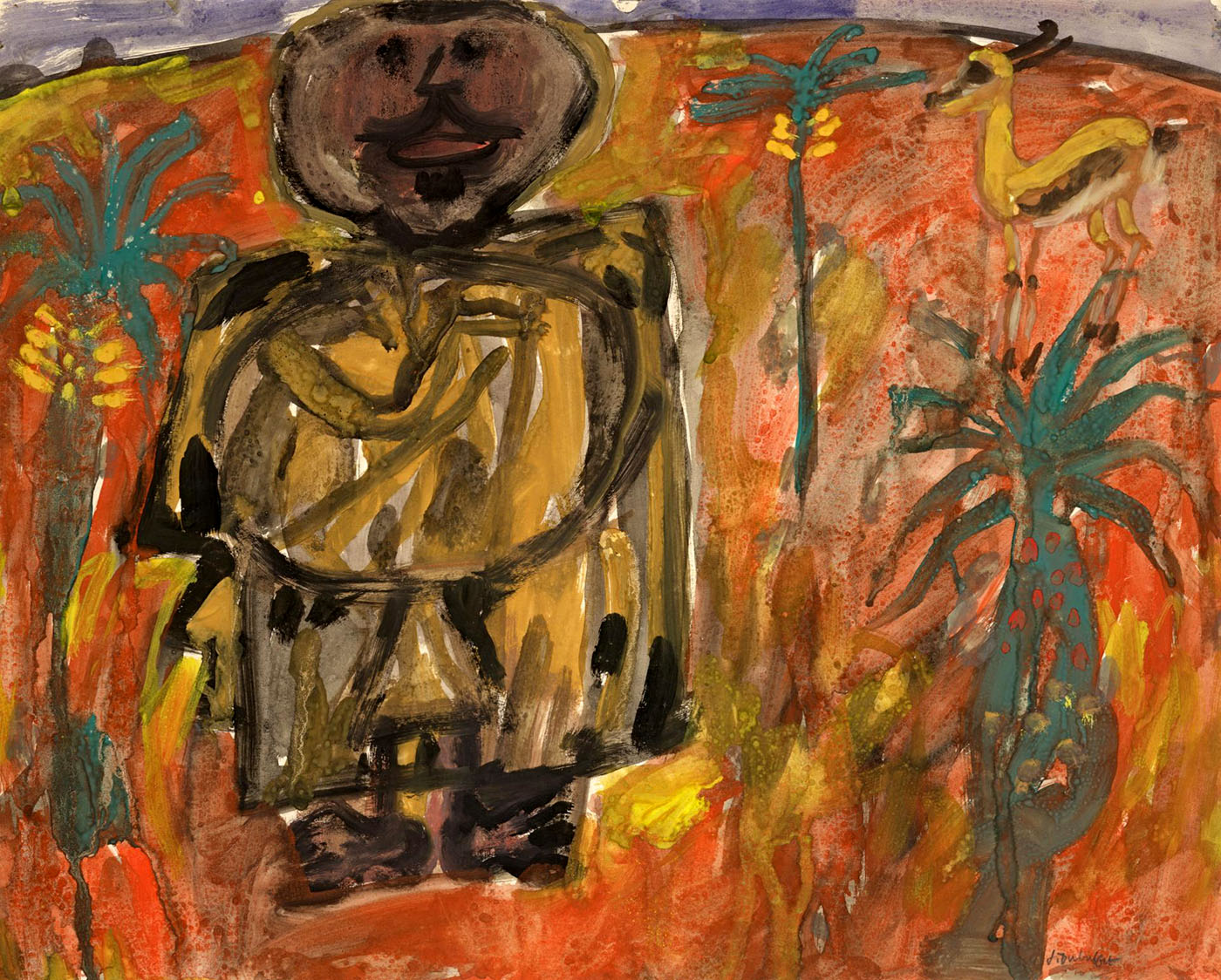












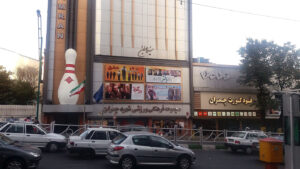




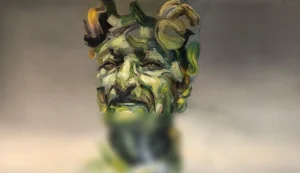
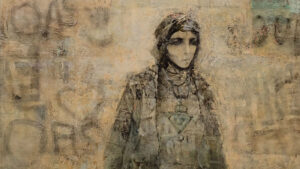

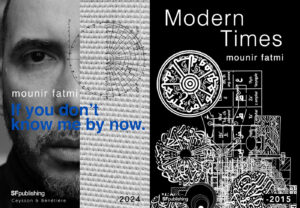




















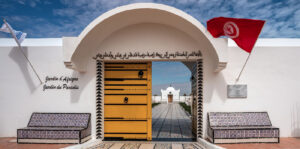


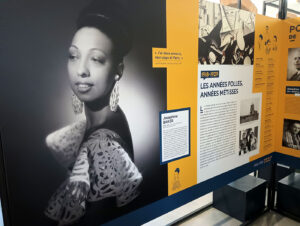



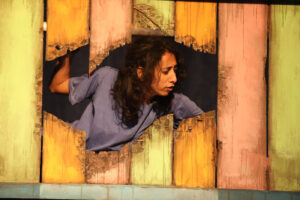



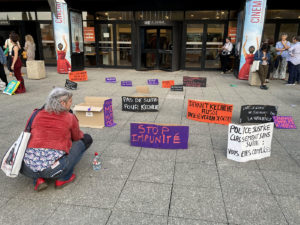




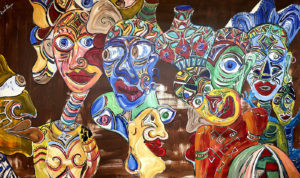

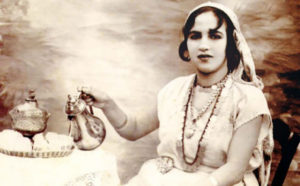

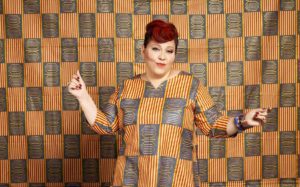





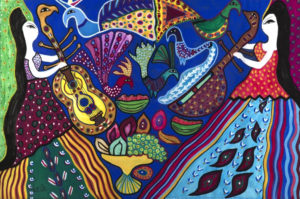



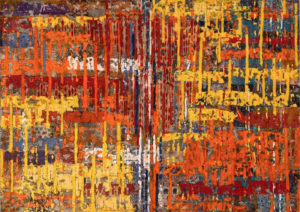
















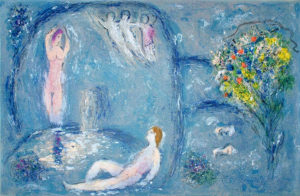


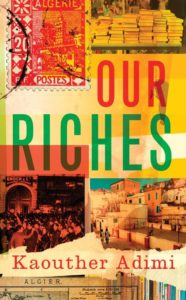


Est-ce que ce roman a étè ou sera traduit en français? Dans ce cas, quand paraitra-t-il ?
Oui, normalement les romans de Claire Messud sont publiés par Gallimard et certainement la traduction ne tardera pas d’apparaître prochainement.
Merci beaucoup